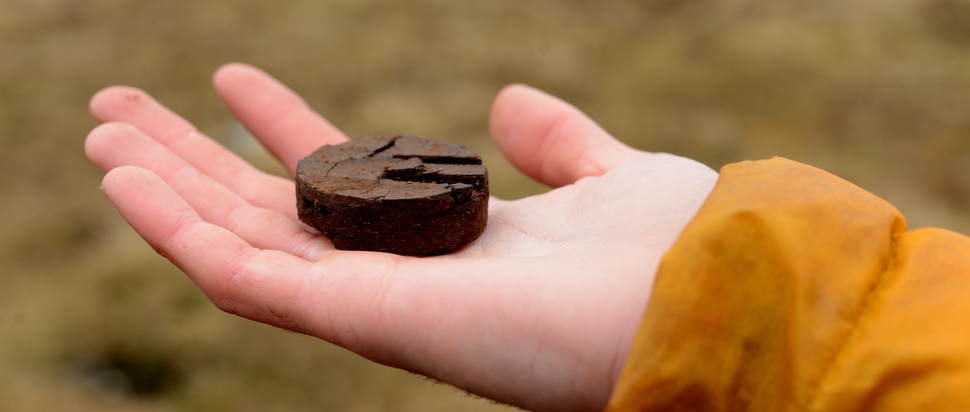GSA Showcase 2021: Innovation School
The Innovation School presents a lively array of futures thinking, post-COVID ideas and proposed solutions to some of the world's problems
In a world in turmoil, how do we imagine the future? Luckily for us, we don’t have to. In a year like no other, from bedrooms, living rooms and dining room tables, around the UK and internationally, innovation has taken place.
Do you ever imagine a world where our work is not the dominating factor in society? Or where reaching retirement age, we don’t just stop, but we play an active role in our communities? Have you ever considered your digital resources or your impact on the planet? Students of Product Design do, with the results on display at the Graduate Showcase.
The future of work is in flux, and many of our traditional ways of working have changed. Looking ten years into the future, Sian Mackay designs for healthcare workers within cancer care, creating a way for them to interact and connect remotely. Teabreak is a physical tea tray that is specific to the user, connecting them to other remote workers for that much-needed relief and chat in challenging circumstances.
Andrew Smith’s project High Time takes a satirical and critical look at traditional working culture and our working time’s value in a capitalist society. It is a set of artefacts used in psychedelic microdosing to subvert working time, affording the user reflection on their place within such a culture – while, perversely, increasing their productivity.
Calum Ferguson explores the challenges faced by young people who want to work the land and start crofting in the Highlands and Islands of Scotland. His Talisman project Athurachadh acts as a point of conversation about the passing on of crofts, and the continuation of the culture between older and young crofters.
We all think about the future, but ageing is something we often don’t consider. Culturally, it’s not necessarily something we get excited about, and lots of people have anxiety about what it will mean for them. Holly Thomson has designed an exciting new approach called Third Phase, a service for people coming up to retirement which helps them to look at this later stage with new eyes. There are no slippers or armchairs here! Third Phase takes insights from the user’s skills and shows them options and opportunities for an exciting future.
We live our lives online, saving and sharing constantly, but often the digital doesn’t really feel like ours. Cammy Hogg’s project Record is a music collation service designed to give the music fan a heightened sense of ownership over their collection. Acting as a space to gather the user’s physical and digital music, the mission of Record is simple; this is about strengthening and protecting the relationship between collector and collection.
Today we are living longer, and increasingly more online, but how will this impact the planet? Digital pollution is growing faster than any other form, but most of us are not aware of this, or we take the simplicity of using the cloud for our data for granted. Maria Duca Marinesca’s project Digital Behaviours explores our digital carbon footprint and proposes a way to break down the complexity of our digital impact. Taking the form of a suite of information and a digital assistant, the project offers a way to achieve increased digital frugality. Based on your digital behaviour and preferences, the assistant curates a list of suggestions that you can follow to decrease your carbon footprint.
There is far more to explore within this exciting showcase than this brief synopsis is able to communicate, including a digital event around the appetite for risks in design.
Explore more of the Innovation School Showcase at gsa.ac.uk/gsashowcase21
